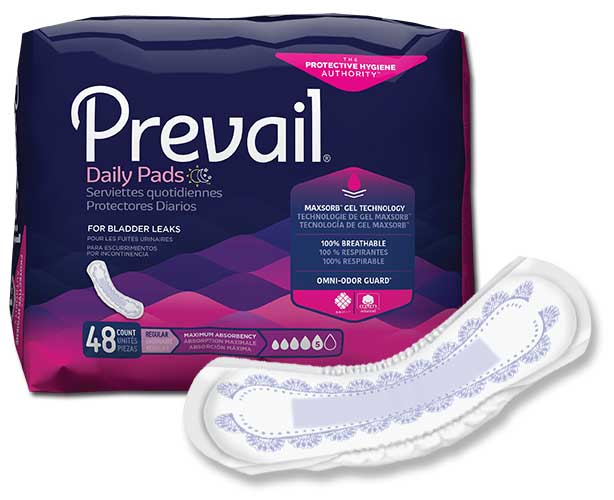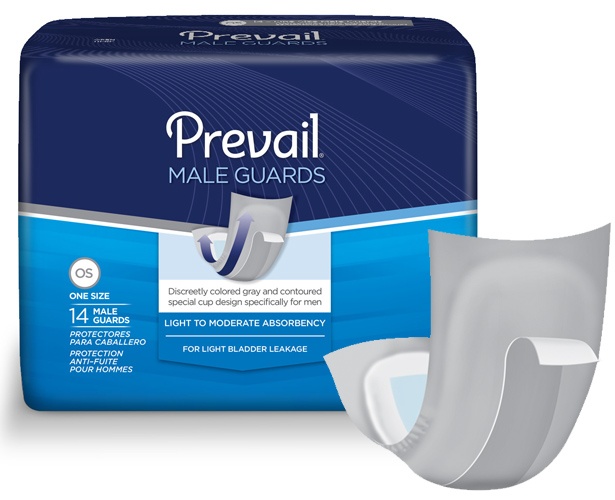
Please choose a body region on the right for you to pin point the problem area of your body.

Shop by Condition

Shop by Brand
In the quest to manage incontinence with dignity and comfort, many individuals turn to incontinence pads as a discreet and effective solution. However, a common concern is that sometimes these pads come with an undesirable side effect - odors. Understanding incontinence pad odors is crucial for those relying on these products daily. This article uncovers the reality behind this concern and offers practical advice for managing and preventing any associated smells.
The question of whether incontinence pads have an odor is rooted in the nature of incontinence itself. Urine, when exposed to air and bacteria, can produce an odor. This has led to worries about whether incontinence pads, designed to absorb and contain urine, might also harbor or emit smells. The truth is, modern incontinence pads are engineered with advanced materials and technologies specifically to address this concern. Many products on the market are equipped with odor-neutralizing properties and breathable materials that minimize the risk of any unpleasant smells.
Manufacturers of incontinence products have invested significantly in research and development to tackle the issue of odors. Many incontinence pads now incorporate superabsorbent polymers (SAPs) that lock in moisture and urine, effectively reducing the potential for odor development. Additionally, some pads are treated with odor-neutralizing agents or are infused with charcoal, known for its natural odor-absorbing properties. These innovations are a testament to the industry's commitment to ensuring that users can manage incontinence discreetly and confidently.
While technology plays a crucial role in combating odors, personal hygiene and product maintenance are equally important. Regular changing of incontinence pads is fundamental to preventing odor. Wearing a pad for too long not only increases the risk of skin irritation but also of odor, as bacteria have more time to break down urine. Proper cleaning of the genital area before applying a new pad and choosing breathable clothing materials can further help in keeping odors at bay.
With a variety of incontinence pads available on the market, selecting the right one can make a significant difference in managing odors. Look for products that highlight odor control features and consider the absorbency level needed for your specific situation. It is also wise to read reviews and possibly test different brands to find the one that best meets your needs in terms of comfort, fit, and odor management.
What you eat and drink can influence the smell of your urine. Foods like asparagus, onions, and certain spices, as well as beverages like coffee, can intensify urine odor. Increasing water intake can dilute urine, making it less likely to produce a strong smell. A balanced diet and adequate hydration are not only good for overall health but can also play a role in reducing incontinence pad odors.
The concern over incontinence pad odors is understandable, but advancements in product design and materials have made it possible to manage incontinence discreetly. By choosing the right products, maintaining good hygiene practices, and being mindful of diet and hydration, individuals can effectively minimize odors.
For those seeking an extra layer of assurance, products like Prevail incontinence pads from CWI Medical offer innovative solutions to stay fresh and confident throughout the day. Remember, managing incontinence is not just about addressing physical needs but also ensuring mental and emotional well-being. With the right approach, it is possible to live a full and active life, free from the worry of odors.
| |
|---|
 Prevail Bladder Control Pads |
 Prevail Male Guards - Extra Absorbent |
| Stay Connected! | |
|
|
|
Related Articles
Get $10 off your next order when you sign up to receive our email newsletter.*
Simply enter your email address below!
*Minimum order value of $100. Valid email address to qualify.







